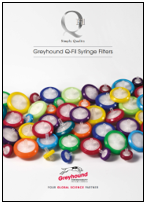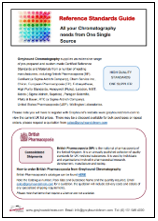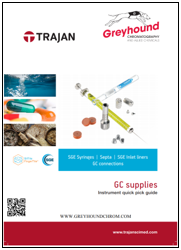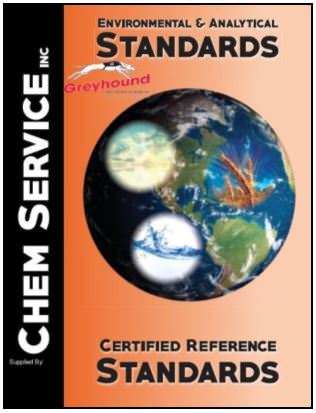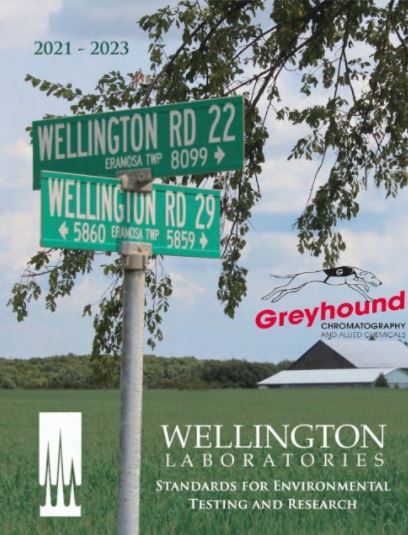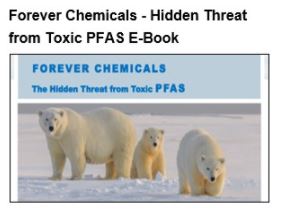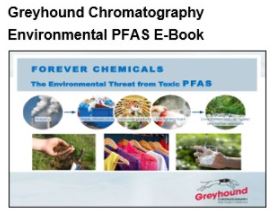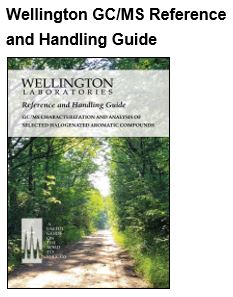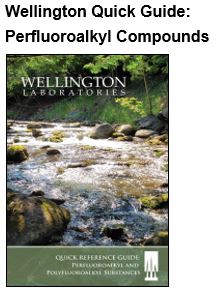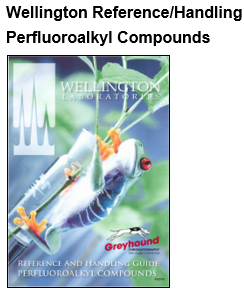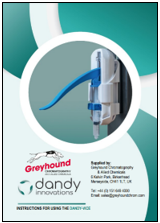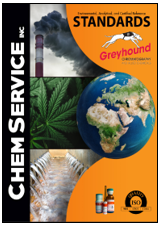Protect the habitats
As the human population has increased we have taken over more and more land for our homes, farms, factories and roads.
In the rainforest, around 80,000 acres of trees are cut down every day to make way for farming, or to provide wood for industry. In other countries, habitats like grasslands, underwater habitats, and wetlands are also at risk - and so are the animals and plants that live there.

How can we help?
- Avoid foods that contain palm oil
- Keep local habitats safe by sticking to the paths
- Set aside a space in your garden for wildlife - bee hotel, log pile, or pond.
- If you own a cat, put a bell on its collar so wildlife can hear it coming
Reduce, reuse, recycle!
Each year, every household in the UK produces around 1 tonne of waste although 60% of what we throw away is actually recyclable!

How can you reduce your waste?
- Don't just throw things away, consider if they can be given to charity, reused or recycled
- Fight plastic pollution by using reusable water bottles and bags
- Buy secondhand and donate
Be a green eater
Issues like overfishing, water scarcity and climate change are all affected by our lifestyle choice. Around the world we currently consume around 360 million tonnes of meat and 156 million tonnes of fish every year, if we all cut down by a little bit, it would take the pressure off natural ecosystems, and ensure these animals have a healthy future.
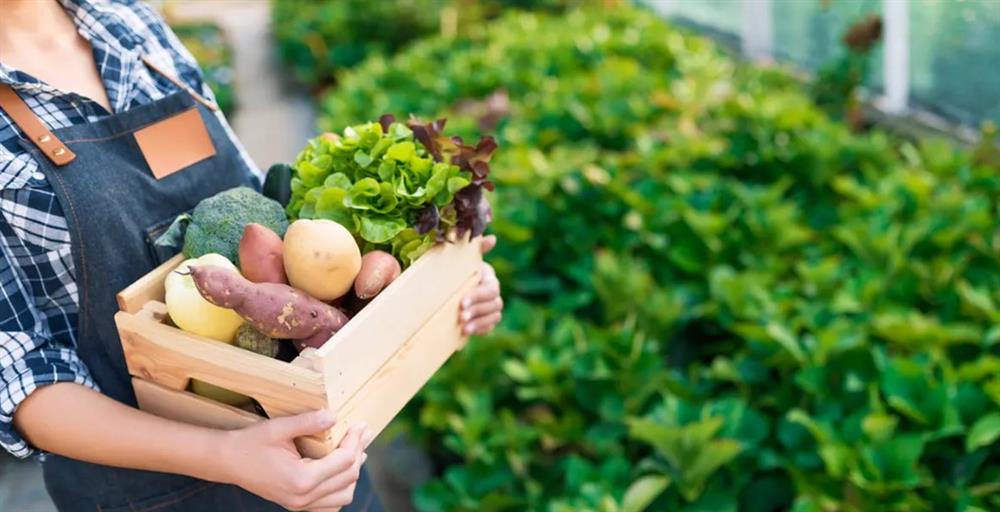
How to become a green eater
- Try incorporating some vegetarian or vegan food into your meals
- Buy sustainably sourced foods such as fish, eggs and milk
- Buy locally grown vegetables
Keep an eye on what you use
Our daily lives require a large amount of water and energy, in countries like the UK, Australia, or the USA, these things are easily available, however its not the same everywhere...
Around the world 2.5 billion people have no access to electricity and over 4.2 billion struggle to access clean water which they require for drinking, bathing, washing, growing crops and rearing animals.
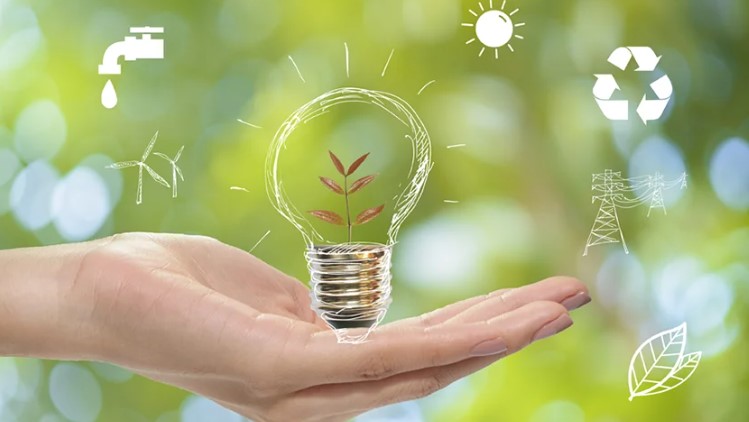
What can we do to save energy and water?
- Ensure devices and lights not in use are switched off
- Hang clothes outside to dry when you are able to
- Drive less and walk, cycle use public transport more
- Turn off dripping taps and take shorter showers
Be a planet advocate
Share your knowledge with others and help them become more sustainable, Speak up about the ongoing problems and make others aware of the dangers
Read the entire article by National Geographic:
CONTACT US
Tel: +44 (0) 151 649 4000
Email: marketing@greyhoundchrom.com
FOLLOW US
YOU MAY ALSO BE INTERESTED IN OUR NEWSLETTER


